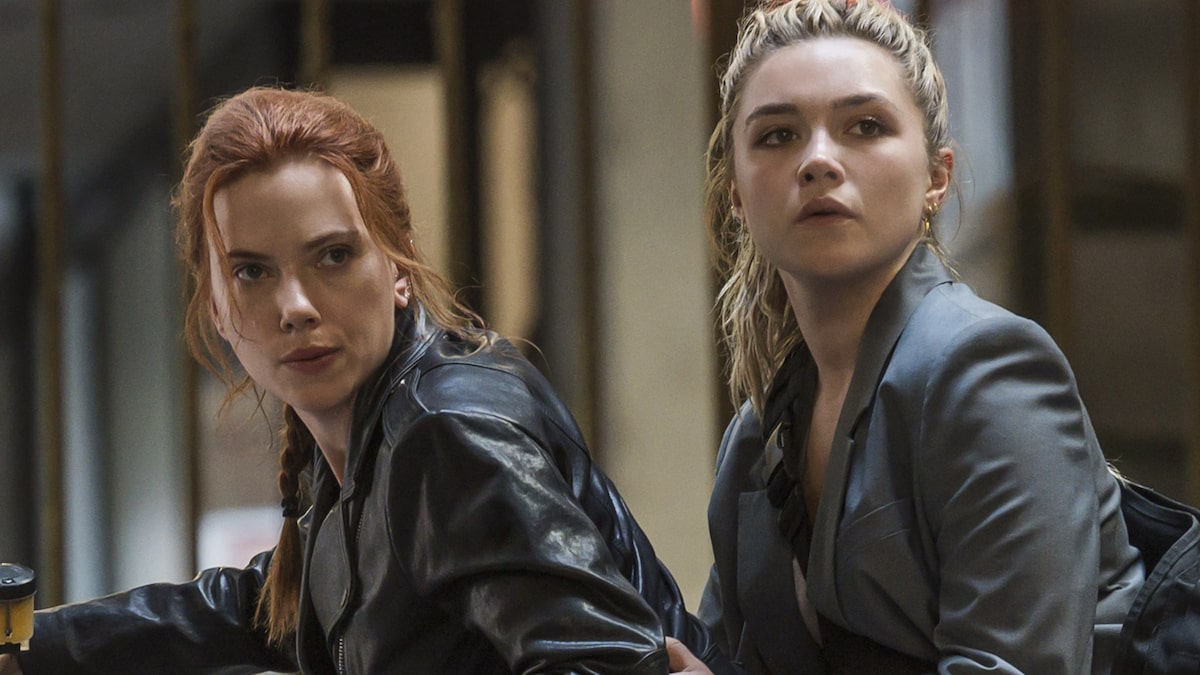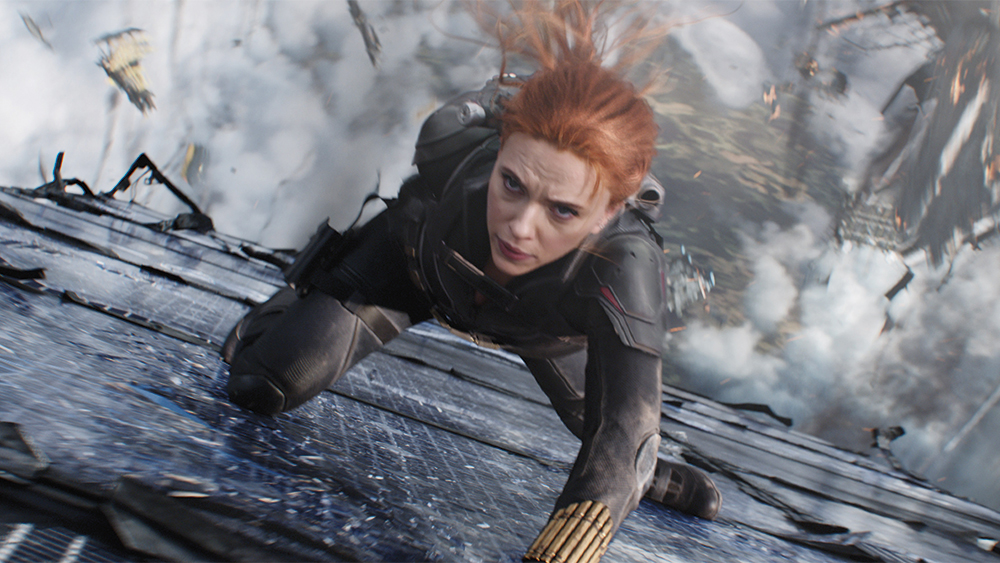I’ve always hated the marvel universe (marvel shall, from here forth be in lowercase caps because it means nothing to me). In my opinion, the films are like the Halloween Horror Nights franchise: kitschy, absurd, ironic, and not to be taken seriously. As a moviegoer, I like drama and comedy. In general, I prefer reality to fantasy—give me a good monologue instead of some elaborate CGI and I’m riveted.
Something has always stopped me from immersing myself fully in the world of fantasy. Maybe it’s because the stakes in these movies are low and far-fetched, or because the idea of a definitive ‘good’ and ‘evil’ is too hard to stomach in the grey areas of contemporary life.
It’s kind of a miracle that I’ve avoided marvel thus far. When I tell people that I’ve never seen a marvel movie, they respond as if I’m an anti-vaxxer. Non-marvel fans are the 21st-century lepers, apparently. The franchise is so pervasive that one has to go out of their way to ignore it, which I did willingly and wholeheartedly. Whenever I heard discourse about ‘spoilers’ or fan conventions, I tune out.
So, Why Did I Watch Black Widow?
Well, to be fair and not to be so woe-is-me about it, I pitched this article. So I had to tune in and do my job although I did put off watching the film until the very last minute with a looming due date and an Editor whose patience is starting to run low. I just couldn’t motivate myself to hit play and cringe for two long hours.
Like a salaryman punching a time clock, I finally relented and bought the (very expensive) movie on Disney+ and stared into the void. I kept playing and then stopping, then slamming my head against my desk, until I eventually cracked open a bottle of wine to power through the misery.
For the first half-hour, I cringed but, being the immaculate journalist that I am, I managed to jot down my thoughts as I gulp my first glass of wine:
1. Who is the King of Wakanda and why was he killed and is Wakanda a real place? (Google has informed me that ‘Wakanda’ is not a real place).
2. Ah, Scarlett Johanson is the perpetual twenty-something. I’m not trying to age-shame, but when will this end? The woman is almost forty. It’s just not believable. Just like the skull masked cyborg who is copying all her moves.
3. If this chick has magical powers, why isn’t she able to turn on the generator in her shack and restore the electricity? She survives a five-storey tumble from the top of an apartment building, but she can’t flick a switch?
4. This is a nice sisterly reunion: slamming each other’s heads against the wall.
5. How many cars can one person hijack before the police get involved?
6. I CAN’T WITH THESE CORNY COSTUMES. THIS SHIT IS NOT SCARY. IS IT SUPPOSED TO BE SCARY? IS THERE SOMETHING WRONG WITH ME?
7. *whispering very quietly* ….who….are the avengers….and what do they do….?
About halfway through, it clicked. There’s a reason why it’s called the marvel universe: the viewer must accept that what looks like the ‘real world’ is a made-up world and that one must accept that it is the ‘real world’ to have stakes in the drama. Once I suspended my (dis) belief, I started to enjoy aspects of the movie that I hadn’t thought were relevant in this genre: dialogue, supporting characters, setting, and plot.
Before we proceed: if you haven’t seen Black Widow yet, the New York Times has a good synopsis in their film review.
ScarJo Is A Perfect Superhero Because She’s Boring
I’ve always thought that ScarJo performs best when the expectations are low because she’s like a lighting gel: the translucent surface which reflects light onto the photographer’s subject.
In Marriage Story, her wooden delivery was a foil to Adam Driver’s primal rage. She served a similar purpose in The Other Boleyn Girl: her pleasant blankness made Natalie Portman’s portrayal of King Henry’s beheaded wife even more charged with betrayal.
In Black Widow, ScarJo as Natasha The Milquetoast Avenger makes Florence Pugh the Meryl Streep of the marvel universe. Pugh’s performance is sardonic and dry. Her character, Yelena, serves as the Greek chorus of the film.

Yelena’s jabs at her sister’s battle pose lift the veil of the absurd and deliver a quick wink to the audience as if to say: Yeah, we know this is corny. Go along with it, though. I found this helpful and endearing as a marvel virgin.
Natasha and Yelena’s sisterly bond is fraught with tension from their past as trained child assassins, which is quickly resolved in the first quarter of the movie. If this were a drama, I’d have wanted them to lean in more: to unpack the tension and reckon with what they lost in their time apart. But alas! This is a marvel movie, and from what I can gather, interpersonal conflicts in The Universe are merely subplots.
Putting The ‘Real’ Back in Surreal
What I enjoyed most about Black Widow were the ‘mere subplots’ I mentioned before. The family dinner table is a terrific vehicle for a dramatic performance, and the actors in Black Widow understood the assignment.
There are the classic archetypes: the narcissistic drunk father who is trapped by his former glory, the capable mother who serves as the mediator, a detached and cynical older sister, and the hard-done-by youngest child.
Though the specifics of their arguments were decidedly unreal (Whose fault was it, exactly, that both children were forced into a life of murder?), the quiet tension, storming off, and sudden outbursts are the universal dynamics of a dysfunctional family.
There’s a compelling thread of generational trauma beneath the explosions and assassinations. “The best part of my life was fake, and none of you told me?” Yelena exclaims in front of the food.
Perhaps these themes arise because there was a woman in the writer’s room? It seems this script has a dollop of empathy, which is not a gender-specific quality, but I’d venture a guess that this pathos is absent in the other marvel films. Jen Schaeffer, who wrote for this film, wants to combat the “toxic comic book tropes” and in many ways, she succeeds.
Moreover, family trauma is not the only universal theme that arises in Black Widow. Human trafficking, forced sterilization, and male tyranny emerge too, though they are handled with less grace.
It’s almost as if a Marvel movie is not the right vehicle to interrogate social issues! Who would’ve thought?
I’ve Hated The Marvel Universe, And I Still Kind of Do
Though half a bottle of wine certainly helped me to enjoy this experiment, I can’t say that I’ll be revisiting the marvel catalogue anytime soon. I don’t think I can get behind the more ridiculous avengers (btw, I still don’t know what the avengers are, and I’d like to keep living in ignorant bliss): Hulk, Loki, or Iron Man.
But now, I understand why marvel fans are obsessed with the franchise. There’s an intricate, alternate universe to discover, and that extreme form of escapism is entrancing. For first-time marvel victims, Black Widow is a great place to start. It’s less reliant on prior marvel encounters for context, and also, it feels more real.
From my vantage point, the best part about this movie is what other critics and viewers seem to hate: it is deeply flawed, half-baked, and very human. And that, as much as I hate to admit, is probably some of the best reasons to watch it—personal biases notwithstanding, of course.


